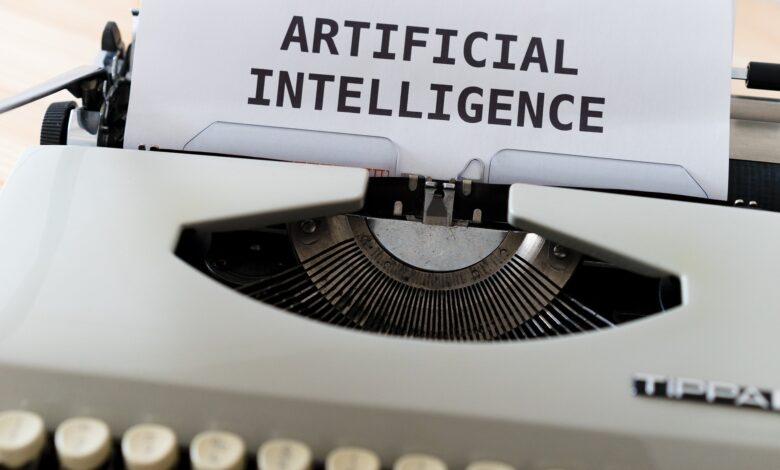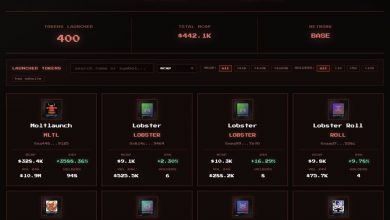
Recent changes in U.S. patent law will potentially make it more difficult to patent inventions relating to artificial intelligence (“AI”) and machine learning. It is possible that other countries’ patent systems will follow suit. Accordingly, those innovating in the artificial intelligence and machine learning space should proceed carefully, as it might be harder to legally protect artificial intelligence and machine learning inventions than it might otherwise have been in the past. Thankfully, many options for legally protecting artificial intelligence and machine learning inventions are still available.
U.S. Federal Circuit Decision: “Application[s] of Generic Machine Learning” Not Patentable
A U.S. Court of Appeals has ruled that inventions directed to the “application of generic machine learning to new data environments” are not eligible for a United States patent. While this only applies to U.S. patent law for now, it does suggest a larger trend in artificial intelligence and machine learning patent law across the world.
In April, the U.S. Court of Appeals for the Federal Circuit–a federal appeals court handling specialty cases such appeals of patent law cases–decided Recentive Analytics, Inc. v. Fox Corp., No. 2023-2437 (Fed. Cir. April 18, 2025) (“Recentive Analytics”). In that case, the Court ruled that “patents that do no more than claim the application of generic machine learning to new data environments, without disclosing improvements to the machine learning models to be applied, are patent ineligible.” The Court’s decision was an application of 35 U.S.C. § 101, a law that defines the types of inventions that are patentable. This means that inventions directed to the “application of generic machine learning to new data environments” are patent-ineligible whether or not those ideas are new.
Even before Recentive Analytics, most patent offices (e.g., in the United States, Europe, Korea, Japan, and China–the “IP5”) were already pushing back against patent applications directed to the “application of generic machine learning to new data environments.” For example, even though the United States Patent and Trademark Office (the “USPTO”) once published a 2019 guidance suggesting that training of neural networks could be broadly patent-eligible, it later provided a somewhat narrower guidance in July 2024, so the pushback against some artificial intelligence and machine learning patents was already underway well before Recentive Analytics.
You Can Still Patent Many AI-Related Inventions
Many artificial intelligence and machine learning innovations can still be patented, but it could depend on what they do and how they’re framed.
Inventions that directly improve artificial intelligence and machine learning might still be patentable in many circumstances. For example, improvements to the computing hardware used to run neural networks, improvements to the specific process with which computing devices train particular models, and/or even some improvements directed to the way models are stored and distributed might be found patent-eligible. That said, success is not guaranteed: most patent law schemes do not grant patents for purely mathematical concepts, so clever but fundamentally mathematical inventions (such as a new backpropagation algorithm without more) would likely still be found patent-ineligible.
Inventions that use artificial intelligence and machine learning as part of an overall system that improves technology might also still be patentable. Success in this circumstance often hinges on arguing that the artificial intelligence and machine learning is implemented as part of a larger inventive concept. For example, if a patent applicant can argue that, in their invention, a machine learning model and/or neural network is used as part of a larger technical improvement to a technical problem, their invention might be found patent-eligible.
The question of whether a particular invention is patentable is extremely nuanced, and there is no way to guarantee success. Many lawyers spend their entire career specializing in drafting and filing patent applications that can meet the strict patent eligibility standards in countries like the United States. Accordingly, if you have an artificial intelligence and machine learning idea that you might want to patent, you should speak with a patent lawyer as soon as possible.
Other Options for Innovators
Innovators in the artificial intelligence and machine learning world who might not be able to patent their inventions have numerous options for protecting their ideas, including copyright and trade secret.
Copyright law can, in many circumstances, help protect some aspects of artificial intelligence and machine learning inventions. Because copyright law in many countries protects creative works such as program code and compilations of data, copyright law can sometimes be used to protect the code used to train/control artificial intelligence and machine learning models as well as, in somewhat more limited circumstances, the compilations of data used to train those models. Note, however, that this does not mean you can use any data you want to train a machine learning model: using copyrighted material to train a model may be considered copyright infringement in many countries.
Trade secrets are a very cheap way to protect artificial intelligence and machine learning ideas, particularly in circumstances where patents are unavailable. In fact, trade secrets are a great way to protect many different types of “secret sauce,” be they figurative or literal (even famous recipes like those for Coca-Cola, Twinkies, and even Kentucky Fried Chicken are protected via trade secrets). For example, by keeping parts of their model training and testing process a secret, an inventor might be able to protect their artificial intelligence “secret sauce” from competitors. With that said, trade secret law often requires that a trade secret owner use reasonable efforts to maintain the secrecy of their trade secrets, which can be surprisingly difficult.
Copyright and trade secret law is extremely convoluted, and many startups have failed because they made simple copyright or trade secret mistakes. Those innovating in the world of artificial intelligence and machine learning should speak with their lawyers about copyright and trade secret issues early, rather than waiting until an emergency (like receiving a cease and desist letter).
What’s Next for Artificial Intelligence and Machine Learning Patents?
It seems likely that more countries will begin to clarify their stance on artificial intelligence and machine learning inventions’ patent eligibility in the future. After all, there has been a veritable gold rush in the world of artificial intelligence and machine learning across the globe, and laws across the world are slowly but surely beginning to adjust. Those innovating in the space should consult lawyers early and often: it may not be the most fun, but working with a lawyer early on can save your invention (and your business!) from costly legal headaches later.




